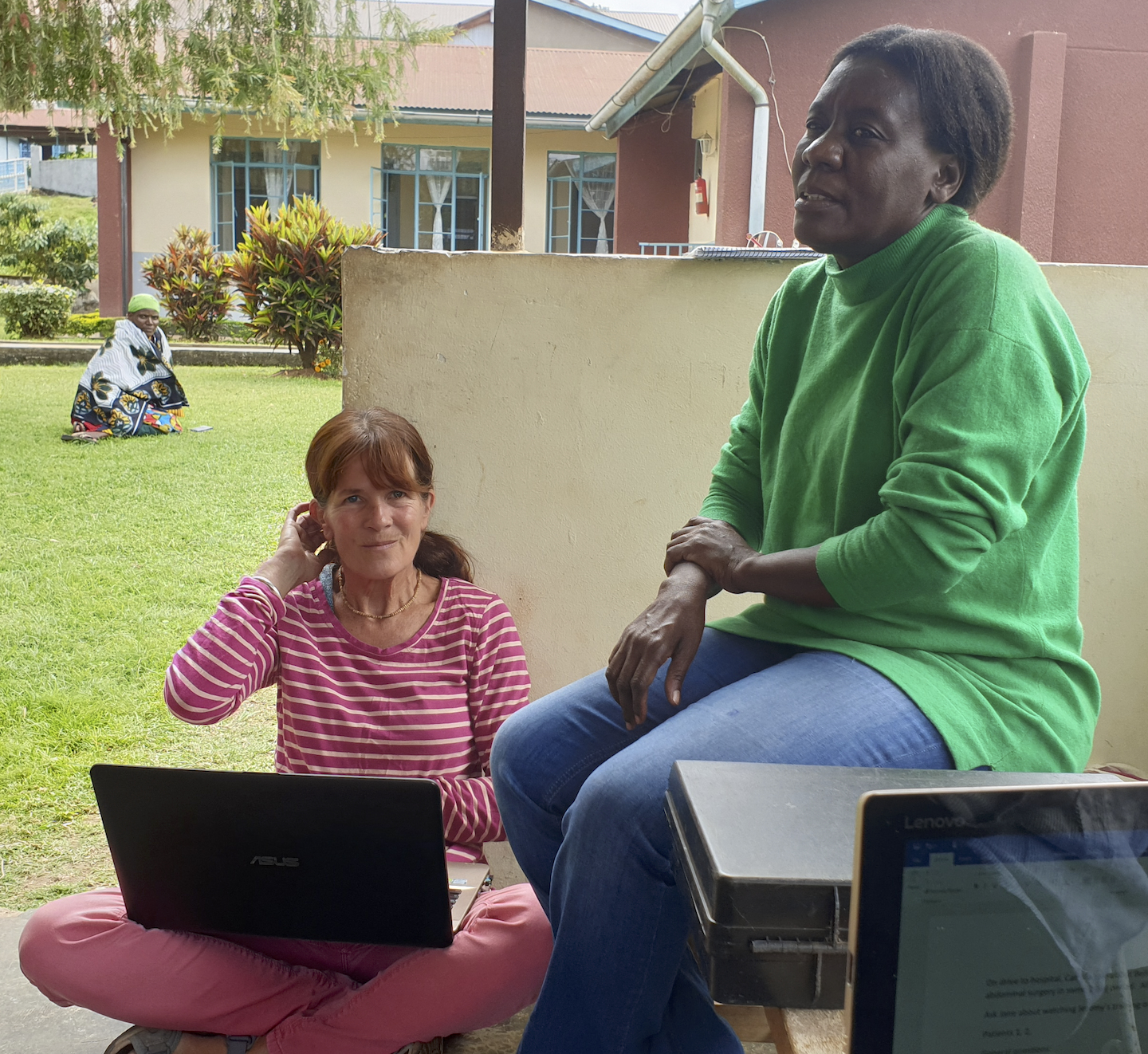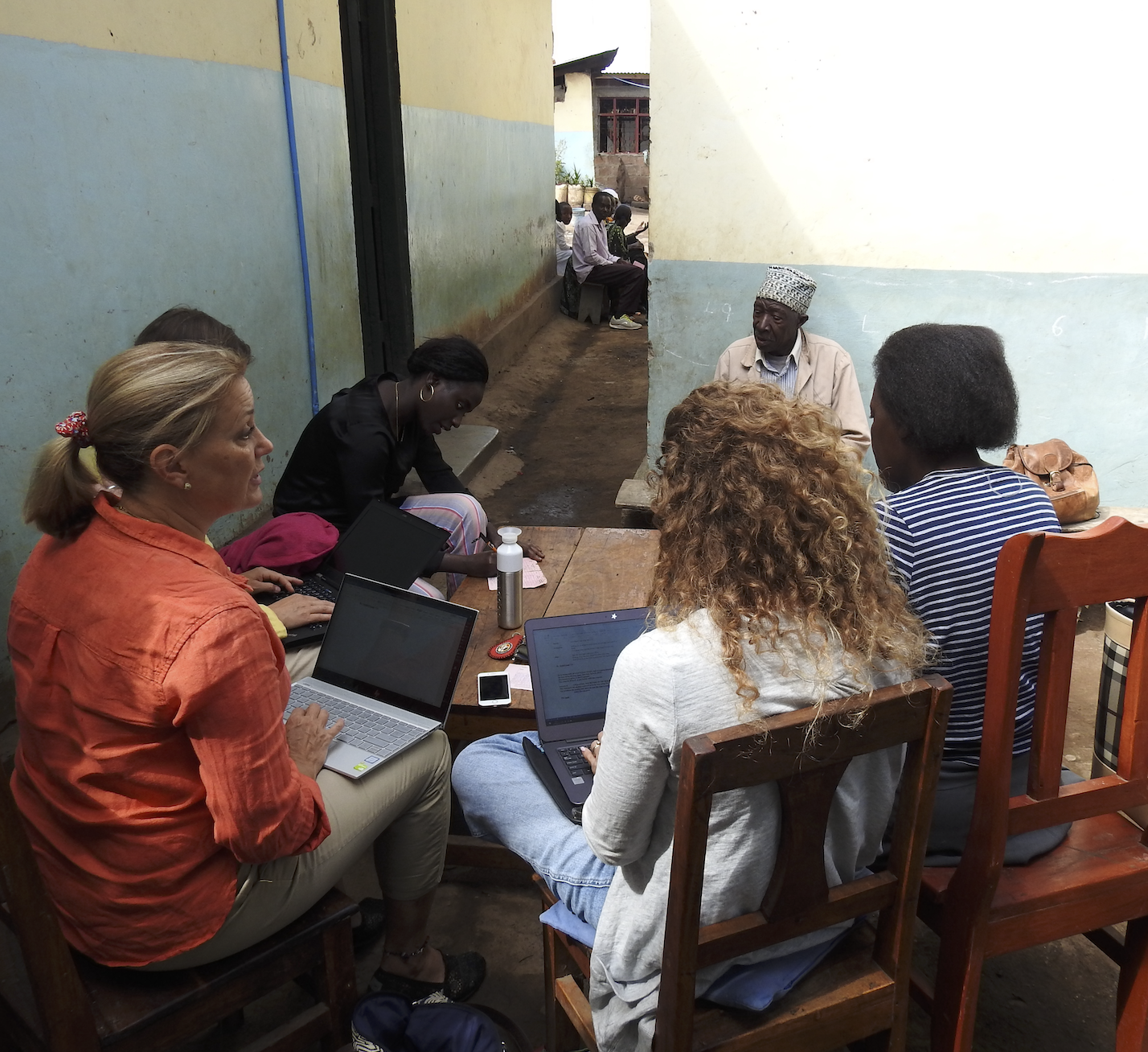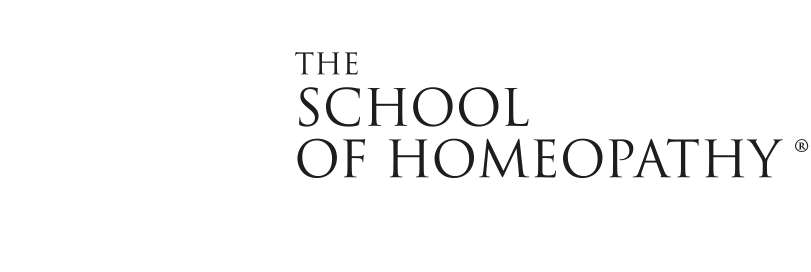
Bananas, AIDS, & Healing
A SOH Student’s Experience Volunteering with Homeopathy for Health in Africa
We interviewed Jo Pearce, a recent graduate of the School of Homeopathy, about her experience volunteering with Homeopathy for Health in Africa in the summer of 2019.
“I would definitely do it again! It was such an amazing experience!”
Why did you choose to volunteer with Homeopathy for Health in Africa?
I have always wanted to voluntary work and had a fascination for Homeopathy so I saw this as an ideal opportunity to combine both. Right at the start of my studies I found out about HHA and I was driven to complete my studies so that I could volunteer with them. And I made it!
Tell us about your experience volunteering with Homeopathy for Health in Africa?
It was an amazing, humbling, grassroots experience. You weren’t just sitting there watching Jeremy or Camilla take cases, you type in rubrics and repertorize on your laptop, and then they ask for ideas and bounce things off you. We discussed what everyone thinks and which remedies fit. Those that the students suggest are often different from the remedies that the Sherrs come up with.
What types of cases did you see?
The types of cases seen often are patients with AIDS or TB or bad backs or necks because they’ve been carrying bananas or other things on their heads for several kilometres every day. Or people with serious skin complaints, like huge festering ulcers or sarcoma.

Did anything surprise you about the cases?
People give mostly physical symptoms. They don’t talk much about emotions, about how anxious they are or depressed or anything. It was eye opening for me to hear people tell their stories. They rarely express their grief or talk about it much, they talk about their knee or shoulder or back that hurts. It’s rare to see someone cry even though they may have been through some severe personal traumas. Although it wasn’t expressed by the patient, the case takers would often put grief into the repertorisation after hearing their story.
What were the clinics like?
There are lots of different clinics. Two were in hospitals; one was right up in the mountains. We went into a Masaai village in the hills made of mud huts with straw roofs. We had little tables set up. There were two local ladies who work there who have been trained by HHA as homeopaths – Anita and Patience. So there were four homeopaths all taking cases at the same time. And people just sitting in a queue and waiting. Then in the back of a 4 x 4 truck they have all the remedies and water. Roger mixes the remedies for the patients and they leave with a bottle of water with their remedy and instructions; so you help him mix up remedies if you’re not sitting in on a case. It’s very hands-on, a brilliant experience for someone who’s learning. This is life and death for some patients; and they have faith in and great respect for the Homeopath, they really believe in it as well, so it’s really satisfying.
What was the atmosphere like in the queues?
People chatted to each other, little kids were running about. No one is sitting on their phones looking at Facebook or Instagram, etc. People have old fashioned mobile phones. They were talking to each other, conversing, laughing. It’s a bit of a meeting place. People weren’t talking about their ailments, they were talking about the price of bananas or the weather; or just sitting quietly and patiently. There was a lot of laughter. The homeopaths always get through everyone who was queuing up. I never saw them turn anyone away.
Anything surprising about the way they did case-taking?We had a translator, so the patient was speaking their own language. Jeremy would ask questions like, ‘how are you feeling?’, ‘where is the pain?’ not questions like we ask at school here where we try to go deeper and deeper. More like, ‘where is it?’ and ‘how did it start?’ Jeremy would also ask them to show him their tongue, which was interesting. He would put that into the equation – whether it was white, black, yellow or cracked. He would also ask about general temperature, what kind of foods do you like, have you been eating and drinking? It’s much quicker case-taking.

What was your experience like, outside of the clinical part?
We arrived the weekend before and got used to where we were staying. It was a lovely little house with a big garden. It has 4 bedrooms and couple of bathrooms and a shared kitchen. In the evenings we’d cook something together and all sit around and chat, or go out for food and chat. You were completely immersed in homeopathy while you were there, in the evening as well as while studying.
You can walk to the nearby town, it’s about a 25-minute walk, and there is a little supermarket nearby to buy supplies. When I was there, there were students from Germany, Israel, America, and England. On the weekends you were free to do what you wanted. They’d have things organized like a trip to a waterfall or a coffee plantation, or you could walk around the markets. There were also a couple of seminars with Jeremy where we’d talk about different remedies and get deeper understandings.
What was one of the most valuable parts of the experience for you?
Watching live case-taking with the patient in front of you was a really good learning process. You can see what’s wrong with them. The only thing you didn’t get to see were the follow-ups to assess whether they’d improved or not, for this you need to volunteer for a longer period. But we did see some patients who were on return visits, and you can see from the notes from their last visit that they had something really severe and now it’s looking so much better; you can see that it’s worked.
How do people find out about the clinics?
It’s all just by word of mouth. Each patient tells their friends and family and they’d come along. HHA give treatments for free, which is why they need donations.
Did it make you a better homeopath?
I would say so, yes. With more practice with this type of rapid case taking you become much more aware of the remedies we have learnt about and their keynotes.
When in your process of becoming a homeopath is a good time to volunteer with HHA?
When I went was a good time – after year 2 of my studies with the School of Homeopathy. I had enough grounding to understand what I was seeing and learning. But any time would be good, really.
What stood out for you overall?
The scenery was absolutely stunning. You can see Mount Kilimanjaro from the garden where we were staying. The cloud would clear sometimes and you’d see the snow-capped mountain. The temperature was great, not too hot.
For me the great respect for the homeopath from the patients was awe inspiring. Even for people without a background in homeopathy, it would be fascinating to see and to get a basic understanding of how it works in action.
Would you do it again?
I would definitely do it again! There are people who do it time and time again. It was such an amazing experience. There are costs for sure, but getting training from two top homeopaths in a completely different way from the school teaching experience was priceless.
Learn more about volunteering or donating: https://homeopathyforhealthinafrica.org/
Lead Photo by Sergey Pesterev on Unsplash other photos by Jo.
Tags: Aids | Homeopathy for Health in Africa
This entry was posted on 19 August 2022 at 10:03 and is filed under Homeopathy | Education | Inspiration.
